Over the years, mastering has become a central part of the process of making a record. But you might be wondering what do mastering engineers actually do?
In this article, I’ll cover most of the topics regarding the mastering of audio- what it is, why it is important, some tips you can do in your home studio, and ultimately answering what does mastering mean in music production.
What Is Mastering?
Mastering is the final step in releasing a song or a record to a wider audience. Although most people think of it as a stage where you boost the volume of your tracks, there is actually a lot more to it.
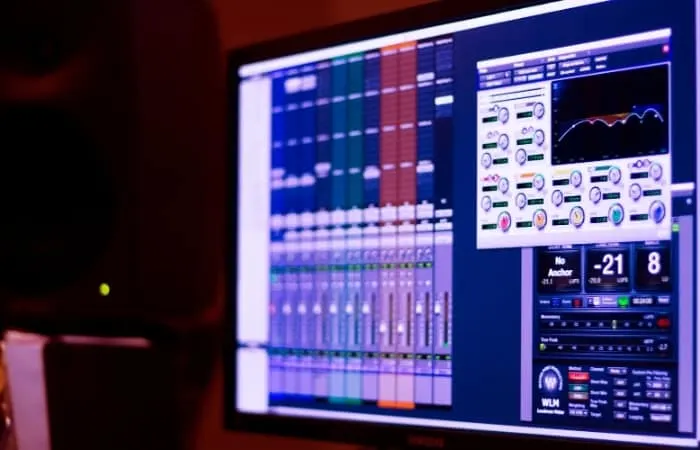
Mastering is a stage where you completely shift your perspective towards a whole picture instead of focusing on little details of your tracks. All the intricacies should have been done in the mixing process.
Now is the time to consider things like volume matching of the tracks, tonal balance, amount of compression, and limiting and overall atmosphere of the album or track.
Also, the mastering stage can be viewed as the last safety check before you release your music to the world. That’s the perfect time to compare your tracks to your favorite mixes and see if some problem areas need to be addressed.
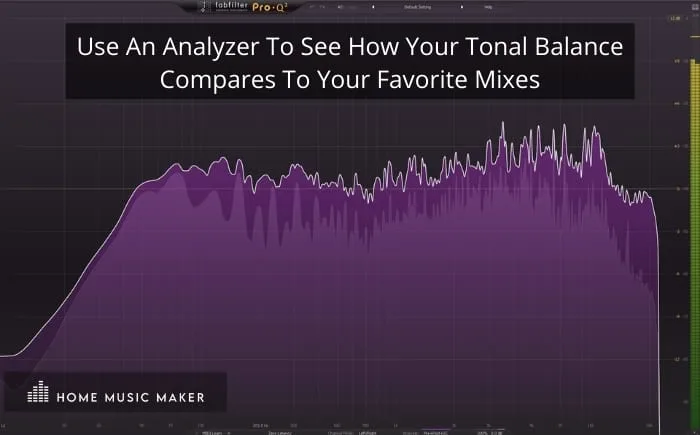
What Does Mastering Do To Your Tracks?
Over the years, the role of a audio mastering engineer has grown to include many different tasks which can be fully or partially implemented, depending on a particular situation. Let’s go through some key things that mastering engineers do.
Mastering Boosts The Volume Of Your Tracks
Nowadays, this is the task mastering is most widely known for. You want to boost the volume of your tracks, so it is at a suitable level for different playback applications. 10 or 15 years ago, mastering engineers were encouraged to push the track’s volume as much as possible.
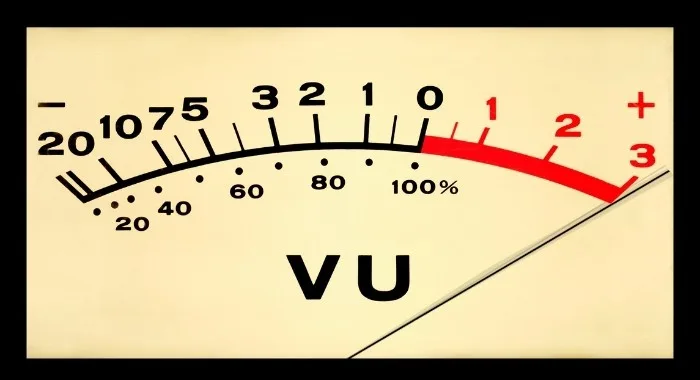
This trend resulted in phenomena appropriately called “loudness war.” Basically, all of the engineers were competing against each other to produce a louder song than the industry standard at that point.
This resulted in albums getting so loud and squashed by the limiter that the quality of the recordings started to suffer.
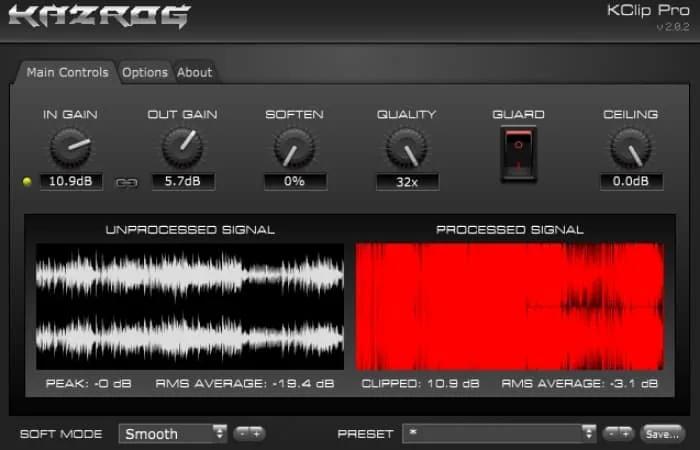
With the advent of YouTube and other streaming services, you do not have to worry about such things anymore because now we have a standardized loudness threshold around -14 LUFS.
It’s worth having this in mind because there is no point in trying to push your songs to ridiculously high levels as your tracks are going to be turned down anyway.
You do not need to aim for a straight -14 LUFS all the time necessary. Pushing your limiter harder gives a certain character to a track that is perfect for some genres, but there’s no need to aim at -6 LUFS anymore and risk ruining your otherwise great mix.
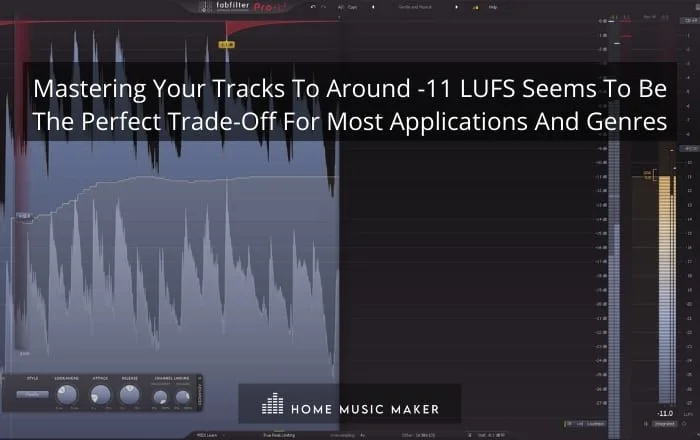
I’ve found that mastering your tracks to around -11 LUFS seems to be the perfect trade-off for most applications and genres. Ideally, you’d want to have a separate master for every platform you upload your music to.
It’s useful to inform yourself about the loudness targets of different platforms and adapt your volume accordingly.
Mastering Unifies The Sound Of A Record
Having a cohesive sound throughout the record is a massive challenge. As we all know, every song has its own vibe, and our mixing choices are always affected by that. After all, each song should be mixed to play on its strengths.
The trouble is, we might end up with a vastly different mix for every song, and that could sound strange when played in succession.
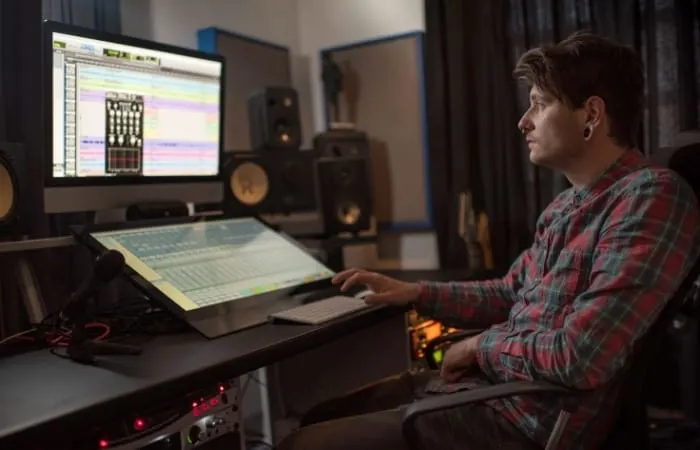
This is where a good mastering engineer comes in handy. Besides having all of the playbacks of the song at roughly the same volume, your album should also have the same “vibe,” so to speak.
An experienced mastering engineer will know how to keep the individual character of each song and yet have them all sound as if they were from the same session.
Things to look out for here are:
- Tonal Balance – All of the songs should have roughly the same frequency spectrum
- Dynamic Range – You want to keep levels and type of compression the same
- Atmosphere – Although the amount of effects is mainly decided in the mixing stage, decisions made by a mastering engineer can greatly affect the feel and emotion of a track. It’s useful to master every song with one another.
Mastering Prepares Your Tracks For Distribution
Strangely enough, fixing and adding missing elements to a song wasn’t exactly what the mastering engineers did back in the day, but rather, they’ve assembled the final product ready for distribution.
This includes arranging the songs in the proper order, managing the song spacings and fades, and adding metadata (ISRC codes and text).
Mastering will also aim to make your tracks translate to as many playback systems as possible. A skilled audio engineer will know how to adjust the tonal balance, dynamics, and volume for various formats- whether your album will be released on vinyl, Audio CD, or online streaming service.
All of these situations have a particular set of conditions under which your audio will sound the best, so it’s essential to keep that in mind when mastering.
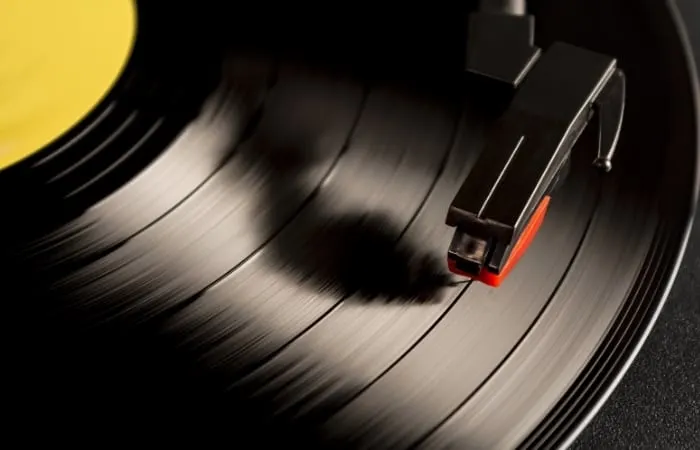
For example, excessive dynamics or too much low end will cause the skipping needle on your turntable when playing vinyl, or Spotify might turn your track down way too much and ruin a listening experience for your potential fans.
Should You Consider Hiring A Mastering Engineer?
Even if you think you have the skills needed to master the track or album you’ve mixed yourself, it’s still worth considering the option of having another person do the audio mastering. There are a couple of reasons for that.
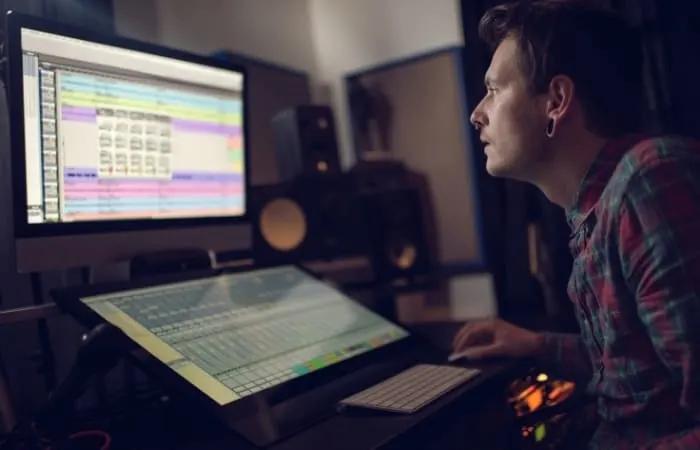
First of all, it’s great to have a fellow audio nerd double-check your mixing decisions. We do not have perfect ears or perfect space, or perfect speakers. We are bound to overlook some apparent things when being stuck in the session for hours and hours.
Also, listening to a song often causes you to lose a fresh perspective on your song. It can be painfully obvious that some EQ decisions do not work, but your brain might trick you into thinking that everything’s great. That’s when having a fresh pair of ears can be a life-saver.
Taking your music to a mastering studio can also help get a mix that translates better to other devices.
If you still insist on mastering yourself, here are some valuable things I’ve learned over the years.
Tips On Mastering In Your Home Studio
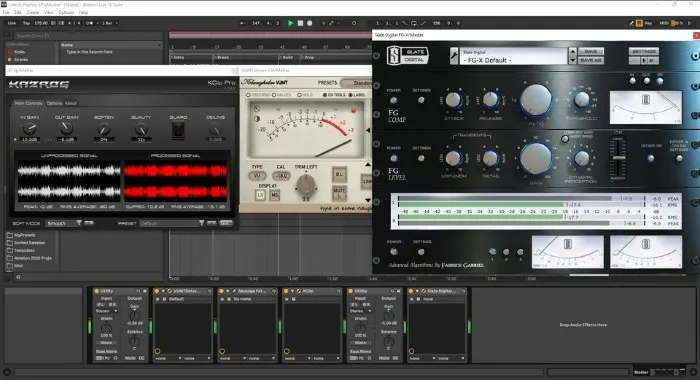
Take A Break
If you’re mastering something you’ve mixed yourself, the first thing to do is take a break and not listen to your music for at least a couple of days. Ideally, you want to extend that period to a couple of weeks or even a month if the time constraints are not an issue.
The reason for such long breaks is to regain a sense of hearing your songs for the first time. I’ve found that it usually takes me around a month of not listening to my mixes to really detach from it and approach it with a fresh take on things.

If deadlines are a problem, trying resting your ears for at least a day or two. In the meantime, feel free to listen to your favorite mixes and build high expectations for your own production.
Use a Reference Track
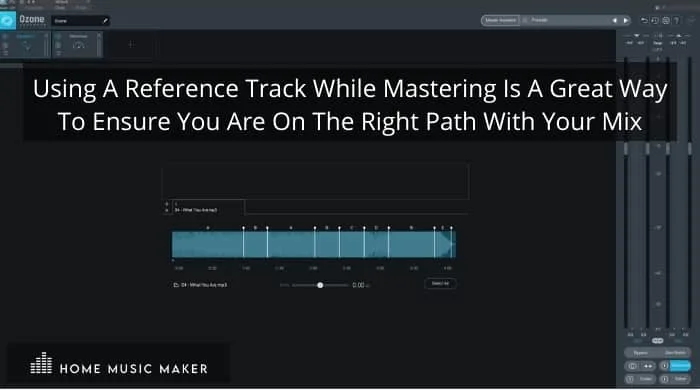
Find a song that you really like the sound of that is somewhat similar in style and feel and compare your master to that one.
If you are mixing strictly for Spotify, Deezer, and YouTube, try playing the song directly from the platform to get a sense of how your track stands in comparison in terms of volume.
Also, listen for compression levels and overall tonal balance. It can be a nice indicator about whether your mix sounds unbalanced or if it needs more “glue” achieved through more compression.
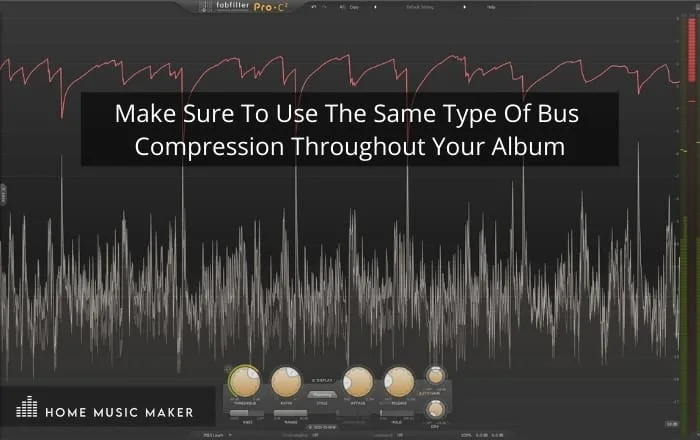
Do Two Rounds Of Mastering
Having at least two rounds of mastering is especially useful if you are still an inexperienced mastering engineer. Many little things become apparent to you only after you are already neck-deep into the mastering session. It might be a bit of a downer to return to the beginning stages of
Ultimately, the process will make your master sound a lot better if you know exactly how the mixing decisions will affect your mastering workflow.
Check Your Master On Various Devices
To truly be confident about the sound of your song, it needs to be solid on various playback systems, whether it is studio monitors, consumer headphones, entry-level desktop speakers, and even mobile phones.
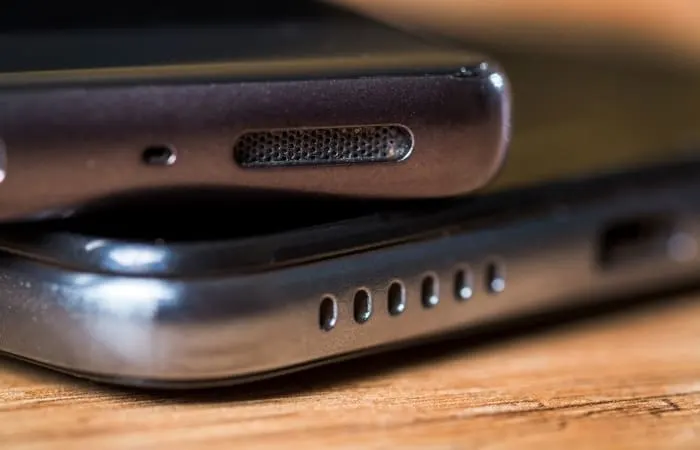
Checking your mixes through each of those can reveal some problem areas you otherwise wouldn’t have heard.
What Does Mastering Mean In Music Production – FAQ
What’s the difference between audio mixing and mastering?
I’d say that the main difference is in perspective. Mix engineer focuses on each track of the mix and tries to make each one sound as best as possible.
In mastering, you work in broad strokes, so even a tiniest EQ or compression move will greatly affect how all of the elements interact with each other.
How much headroom should you leave for mastering?
Your exported audio file ready to be mastered should have at least 5 or 6 dB of headroom. If a certain peak goes above that threshold, it’s no big deal as long as it doesn’t clip the master channel. You should aim for a volume level of -10 to -6 dB.
Having the audio track too low will result in a raised noise floor which can introduce some unwanted noise further down the mastering stage.
Should you do different mastering for vinyl, CD, or digital?
Absolutely. It is essential to keep in mind the medium you’re mastering your music for. There are some specific requirements for each of them.
For example, vinyl masters usually have a lower low end, and CD masters are way louder than streaming masters.
Should I hire a professional mastering engineer or use automated online services like LANDR?
I think that each has its set of pros and cons. Services like LANDR can do an awesome job, and they are a lot cheaper option. However, a good mastering engineer can work closely with you and craft a master that hits all the right buttons for you.
You probably will pay a lot more, but in the end, you’ll get a product that sounds exactly the way you wanted it to.
How do you find mixing and mastering engineers?
If there are no engineers in your proximity, you can always search for them online. You can either directly contact an engineer whose work you like or try using freelance platforms to find the right man for the job.
How long does it take to learn to master music?
Mastering is an ongoing process, and you get better at it all the time, but I’ll try to be more specific. If you are a complete beginner, delivering music industry-standard masters will most likely take you a couple of years of pretty intense training.
It requires patience and hard work, so don’t be discouraged if your masters do not sound the way you want them to, even after a year or two.
Will your music sound better if you master it?
If you already have a perfect mix, there will be no need to touch anything in the mastering process other than the volume.
In that case, you risk downgrading your track instead of improving it. But most of the time, a good mastering engineer will enhance the sound of your final mix.
What are some key things to pay attention to when in the mixing stage?
The most important to watch out for is the number of transients you have on the percussive elements. When applying heavy limiting, transients are trimmed off quite a bit, so your song might not punch as hard as it used to in the initial mix.
I’d advise a mixing engineer to work with the limiter and then disable it on the final export. That way, you’ll know exactly how mastering will affect your mix.
Final Words
Mastering is a crucial step in the music production process that many musicians often overlook. We’ve covered what mastering is, whether you should find an expert for your project, and some tips on how you can master them yourself at home with a few decent plugins.
Whether you want to take it into someone else’s hands or do it all yourself, there are plenty of ways to make sure your tracks sound their best.

 Want to connect with other music producers for help and guidance?
Want to connect with other music producers for help and guidance?